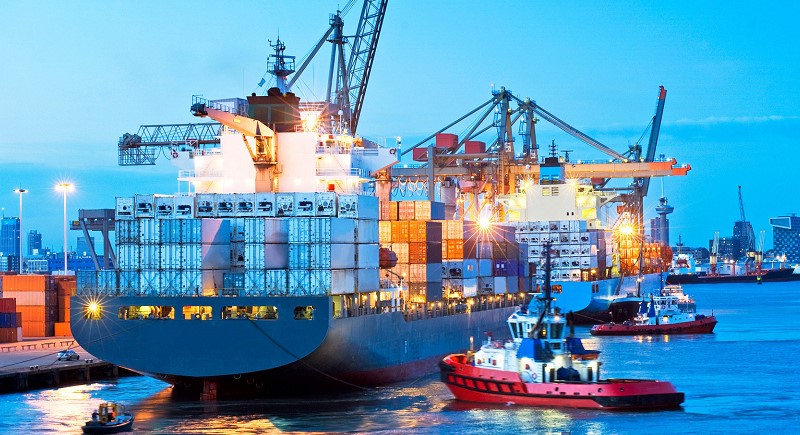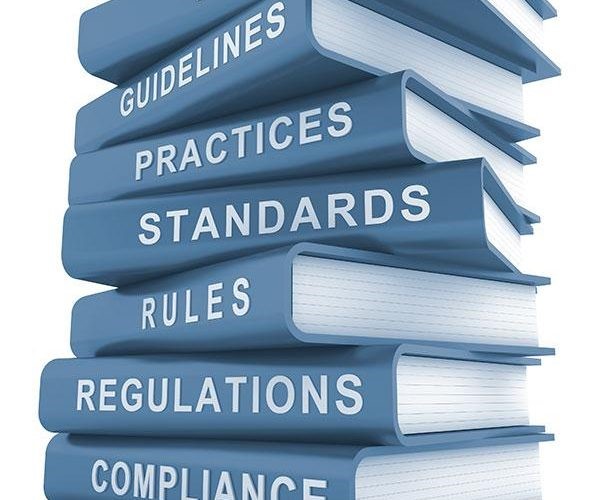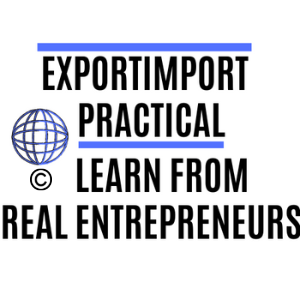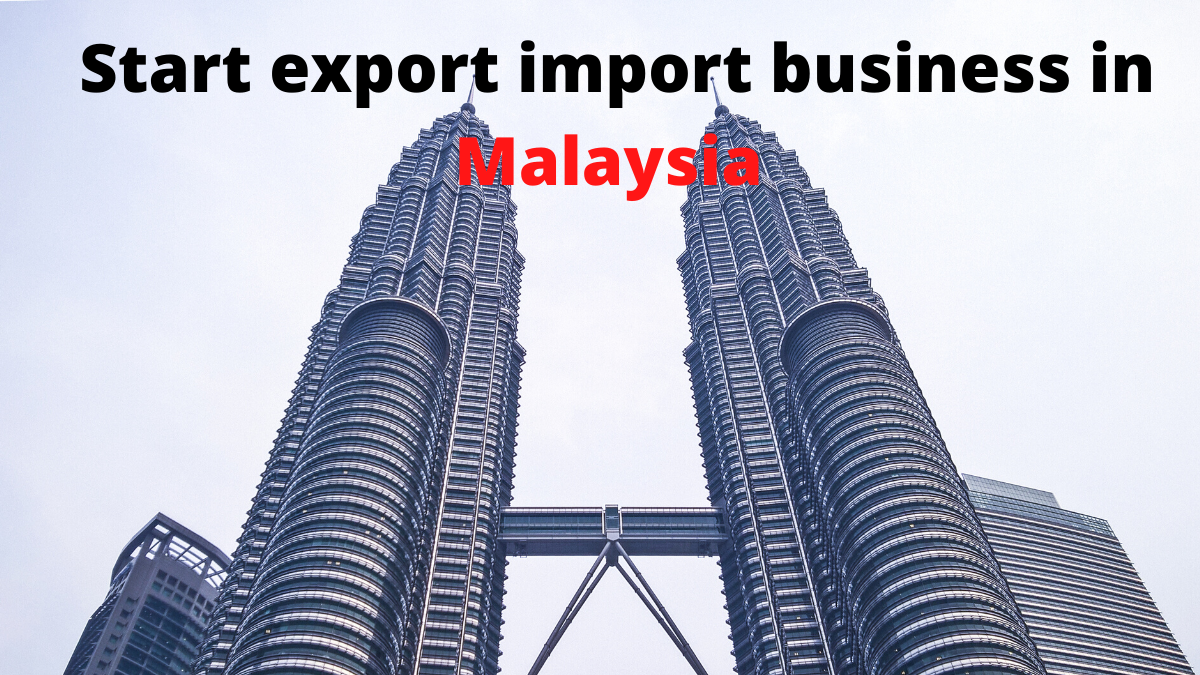If you are interested to start the export-import business in Malaysia or importing something from there, then this article will give you guidance. You will get an overview of the country’s current economic situation and business opportunities and gives you some export-import business ideas. As well as the tips to help you set up and start the import-export business in Malaysia.
Southeast Asia is one of the latest rising dragons in Asia, and Malaysia has recently taken up the spotlight spot in the region. As the country’s GDP shoots up to 354.35 USD Billion, an all-time high, in 2018, it has become one of the most attractive gateways for investors who wish to reach the new South East Asian market, expected to become the 4th largest markets by 2030, via import-export businesses.
Malaysia also belongs to the ASEAN association, which will give many advantages to doing business across the southeast asia. Especially good to source some products from other ASEAN countries and export trough Malaysia.
NB! Read also about business opportunities in some other Asean countries:
However, while Malaysia is very friendly to new trading ventures, it should be noted that not all businesses will be successful, in part because of a lack of understanding of the local market and the local consumers.
1. The benefits and disadvantages of starting a trading company in Malaysia
Malaysia is a multi-cultural country with a history of cosmopolitanism. English is commonly used in both daily life contexts and professional/administrative contexts. It should not be much of a difficulty for foreign investors to communicate with locals in English.
Malaysia is situated right on the Malacca Straits, the main gateway connecting the Pacific Ocean and the Indian Ocean, which gives it a huge advantage in trade traffic. The local trade infrastructures are also of excellent condition, and there is already an existing well-established financial sector in the country.
In addition, Malaysian consumers are quite easygoing and generous, accepting new products with clear brand requirements, guaranteed quality and price are not the deciding factors.
On the other hand, it can be frustrating to conduct business in Malaysia at times, in part because of corruption. The country only scored 47 on Transparency International 2018 ranking of Corruption Perceptions Index, meaning there are still major transparency issues in the country.
The local government still retains some policies which prefer ventures by indigenous Malaysian to foreign investors. It is important to understand these challenges first before you invest in a business in the country to prevent negative surprises.
Read also: Advantages and disadvantages of exporting.
2. Malaysia’s top import and export products

Below is an overview of import export in Malaysia. First Malaysia’s top import products, arranged from the highest number to the lowest (currency: USD).
- Electrical Machinery: $68,306,464,195
- Oil & Mineral Fuels: $33,079,271,094
- Industrial Machinery: $23,747,516,349
- Fats & Oils: $13,480,125,097
- Precision Instruments: $7,827,101,322
- Plastics: $7,438,894,696
Likewise, the following list illustrates the country’s top export products:
- Electrical Machinery: $54,369,036,503
- Oil & Mineral Fuels: $24,740,978,738
- Industrial Machinery: $22,687,165,481
- Plastics: $7,659,045,837
- Industrial Machinery: $22,687,165,481
- Motor Vehicles & Parts: $5,439,863,326
As you can see, machinery and electronic gadgets play important roles in both the country’s export and import, making these products very competitive ones in the country. If you are looking for great export business ideas, then start from electronics.
Conversely, motor vehicles & parts remain the product category with the highest negative net exports, which goes to show how starting a business in this sector can be quite a disadvantaged challenge to you.
However, do remember that there are always opportunities in challenges. If your business could bring sufficient innovations to the field, then it would certainly take off quickly due to the high demand.
3. Policies regarding import and export in Malaysia

It is important to understand the basic import-export policies and import regulations and procedures in Malaysia before you can start your own export-import business.
Below we will provide you with a very overview look at the policies and it should be used for references only. Please contact a professional local attorney for more in-depth information.
Generally speaking, Malaysia has been pretty lax towards its import goods in recent years. However, there are certain goods that remain heavily regulated by the government, including food & agricultural products, motor vehicles, audio-video recording machines, and steel products.
Do take notice that the import of drugs is strictly prohibited unless you have a license from the Malaysia Ministry of Health. The sentence for drug trafficking in Malaysia can amount to a death sentence.
Other general goods are subjected to a customs tax or duty of about 0% to 50%, the exact value will wholly depend on the kind of good. In general, raw materials, machinery, essential foodstuffs, food commodity, and pharmaceutical products are rarely subjected to heavy taxes. Some are not even taxed at all.
Foodstuffs are regulated by the government under The Food Act 1983 and the Food Regulation 1985 Malaysia, so you will have to do thorough research first to see if your products are compliant with local regulations.
There are certain products that cannot be export out of Malaysia, including turtle eggs and rattan from the Peninsula of Malaysia. Some goods are regulated and you will have to procure special licenses to export, including mostly agricultural products, military uniforms, arms and munitions, and wildlife.
Learn more about export import documentation and procedures.
4. How to start an export business in Malaysia

Starting an export business in Malaysia will require certain steps before you can get your business up and running. For beginners, we suggest considering all the aspects of your future venture and conclude an export business plan. The following will give you a general overview and instructions.
4.1 Get an exporting license
The first thing you want to do is to get an exporting license from Malaysia authorities as soon as possible. Every company in Malaysia has to register their business with the local government, so getting your licenses ready will legalize your business. Furthermore, you will need to procure permits to export some specific products which are regulated by the government’s agencies.
Malaysia has an export licensing system. In some areas, Malaysia maintains tax programs that appear to provide export subsidies. In other cases, the goal is to restrict exports of specific items. For products such as textiles, export licenses are used to ensure compliance with bilateral export restrictions.
Technical barriers such as Halal certification to meat and poultry imports are regulated through licensing and hygiene control. All imported beef, lamb and poultry products must originate from facilities that have been approved or accepted by Muslim authorities in Malaysia.
Pigs and pork products can be imported into Malaysia only when the Department Of Veterinary Services Malaysia (DVS) grants import permits. Each consignment of pork and pork products must have a valid import permit issued by the Malaysian Quarantine Inspection Services (MAQIS).
Licenses are granted on a case-by-case basis and are sometimes denied without explanation.
4.2 Select the right products
This is an extremely important step, as choosing the wrong products can put heavy pressure on your export business. For starters, you should choose products that don’t present many risks or that are not regulated to ensure you will get your ROI back quickly.
4.3 Work with custom brokers
Custom brokers are people who will help you file custom paperwork and clear custom clearance in Malaysia. One wrong mistake in your paper can cost you a lot, especially if it is a sensitive export product, so working with the customs brokers is your best shot to get through custom procedures with ease.
Malaysia adopts Harmonized Tariff System (HTS) to classify goods. All exports and imports into the country must be classified according to Malaysia’s tariff. Any questions related to the classification of import and export goods must be directed to the specific customs stations that must be imported.
The following import-export documents are required by Malaysian customs to export products to Malaysia:
- Bill of landing
- Packing list
- Letter of shipment
- Leaflets, catalogs or other relevant documents
- Certificate of insurance, if insured
- Bill of lading/air
- Letter of credit (if any)
- License, license / certificate
- Proof of payment
- Declaration form (Customs Form No. 1) showing the number, description of the package/carton, value, weight, quantity and type of goods and country of origin.
- Forms that have completed customs procedures must be submitted to the customs office where the goods are exported or imported.
- All taxes/customs duties on imported goods will have to be paid in advance so that the goods can be released. Payable taxes include import duties and sales taxes.
4.4 Work with freight forwarders
Freight forwarders are the people in charge of shipping your products out of the country to another warehouse in the destination country. As the shipping and handling procedures differ from country to country, you should consult with the freight forwarders beforehand to understand the process much more clearly and avoid getting fined due to mistakes.
4.5 Asking for credits
As you start out with a new business in Malaysia, it would be difficult to find a stable fund to help you get your ROI back quickly. For this reason, you should try to ask for credits for healthier cash flow. Ask the banks in your home country for credits, and take notice than it is possible that you might have to pay in advance in some cases to export your products.
4.6 Insurance
All sorts of things could go wrong with your cargo, and once they do go wrong, you will rarely be compensated if your goods are uninsured. For this reason, it is imperative that you insure all your export goods so that in the case the worst happens, you will receive compensation from the insurance company.
Read: The biggest risk in trading business and how to overcome these.
4.7 Sales and marketing
The most important part and the only activity which brings you the revenue and orders is sales and marketing. Don’t underestimate it, think and plan properly who are your customers, what channels you should use to reach them, what kinds of fairs or expos your should visit.
Don’t forget to prepare a professional website and brochures for your company and think, what is important to your customers, so you can write the sales email pitches accordingly. Read also, how to get customers for your export business and maintain them.
Further reading: How to get export orders from abroad and fulfill them.
5. Starting an import business in Malaysia
Starting an import business in Malaysia follows roughly the same steps as starting an export business in the country. There are certain fundamental differences, however.
5.1 Get a license
As state above, you will need a business license to conduct business in the country, so don’t miss out on this step. Without the proper license, you won’t be able to import anything.
5.2 Choose your import products
Import products are a bit stricter than export products, so you will have to be a bit wise here. Drugs are absolutely prohibited, and car parts and vehicles are heavily restricted. That said, if you do manage to be innovative with car parts, you could well dominate the market soon, thanks to the high demand for this product.
5.3 Work with the customs broker
The process is pretty much the same as starting an export business. You will have to work with a customs broker to ensure that you have followed all procedures properly. If there should be a mistake in the paperwork can end up costing quite a bit, so it’d be a good idea to outsource this task to someone who knows the procedures well.
5.4 Devise a marketing plan
You will bring to Malaysia plenty of new and unfamiliar products, so it is quite understandable you must have a marketing plan prior to the official launch of your products to ensure the locals know about them. A good marketing plan will facilitate a huge boost in your sales and you will soon receive your ROI.
If you want your brand to reach the most, branding has many ways such as online marketing, keyword advertising on Google, SEO services, seeding, face…. are useful tools to raise awareness and visibility of your business’s products to access to the buyers
5.5 Find the right shipping method
The right shipping method will not cost you a lot and will, at the same time, not get you into trouble because of breaches in regulations. You should work with reputable freight forwarders only to ensure your shipments arrive on time and without delay.
Shipping from Malaysia:
- Road freight: Apply for normal goods. Transporting Malaysian goods to countries with roads is the most common and widely used form. Freight cheap road. Long delivery time
- Sea freight: Applies to bulky, heavy, fragile, etc. Sea freight helps to keep goods safe because they do not have to load and unload many times like roads. Transit time will be longer.
- Airfreight: Apply small, light, small quantities, important goods such as contracts, papers … Faster delivery time, higher freight.
Conclusion
Malaysia is an exciting destination for entrepreneurs around the world. With a little bit of audacity and understanding in the local business etiquette, your import-export business will surely flourish and become successful in the future.
Our online import-export course is for most students who are working on import-export and those who are working in other fields that want to work in this field. Sign up now to receive the most offers and useful lessons
Go to next level!
Exportimportpractical provides you practical and international business training: online export import courses and programs and tools to help you start or boost your international business.
Below are the resources you can use now to rise remarkably the success level of your business.
- Export-import business courses and programs
- Most popular online exim course: “Zero to first deal“
- Resources and action plan for exporters/importers, online sellers.


One comment